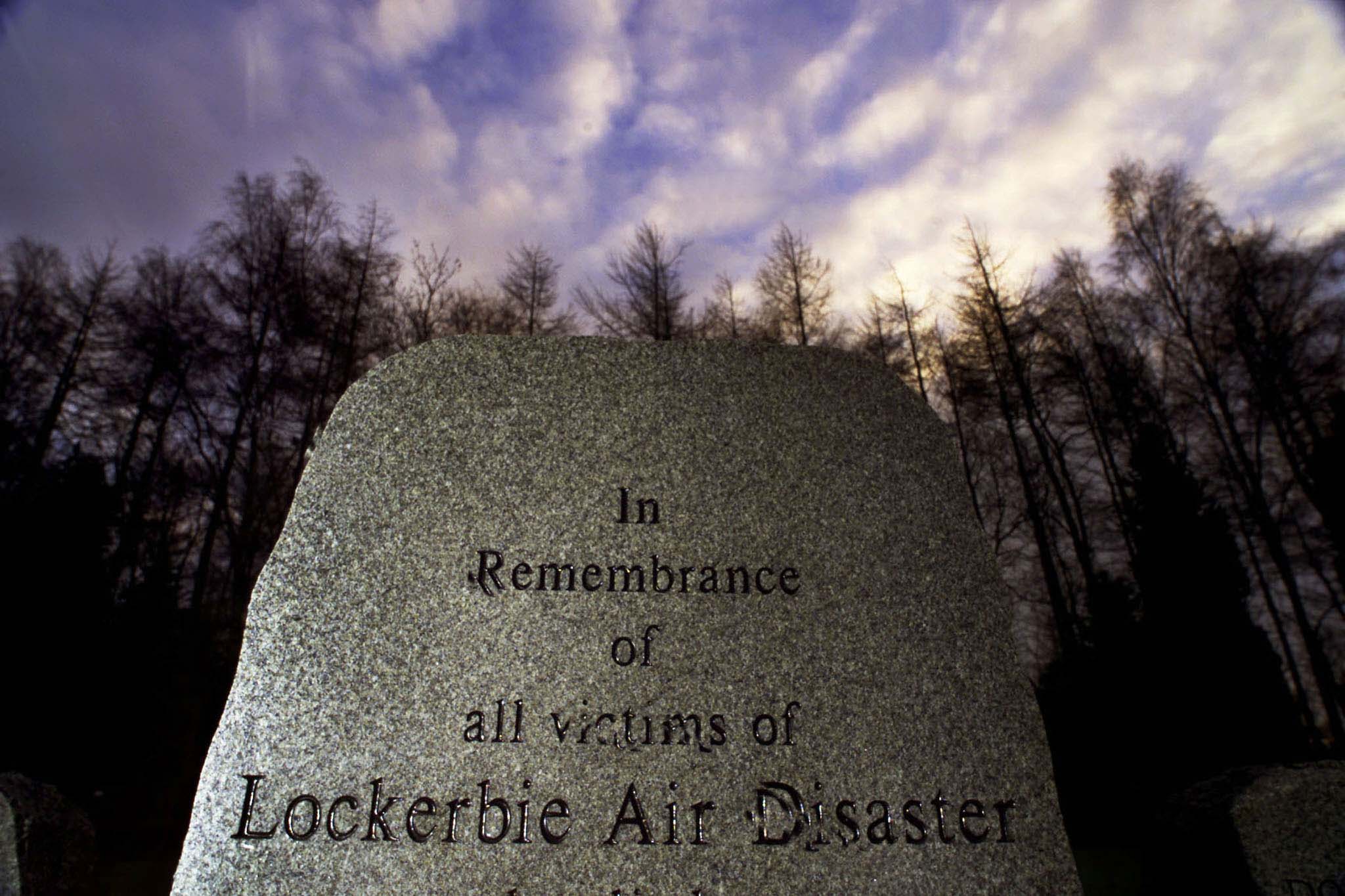
The Lockerbie series that is available on TVNZ+ has recently introduced me to the tragic plane crash in 1988 in southwest Scotland.
It’s a heart-wrenching watch that reveals the devastation and pain that was inflicted upon so many, for so long.
Throughout each episode, we follow Jim Swire, whose daughter died in the crash, as he engages in a relentless pursuit of truth and justice.
The show draws out a longing for justice and truth. As I watched it, I found myself pulled along with Jim into a journey which seems to take him into the turbulent political realities that sweep our globe.
Truth and justice can be complex matters. Lockerbie demonstrates this, to some extent.
Revealing truth in one place can apparently cause carnage elsewhere — depending upon the secret moves and deals that might be afoot at any given time.
So in a world like ours, shall we despair of ever fully knowing the truth?
Although he struggles with this question, Jim nonetheless chooses to fight, with impressive fortitude, so that he may find the answers he’s looking for.
But what kind of "truth" is worth such disconnection, from family, self, future? What kind of justice locks you so firmly in the past that you miss the people who need you now, as well as new emerging opportunities for bringing flourishing and life?
Jim’s noble quest reveals a cruel irony.
The reality is that his pursuit of the truth comes at a significant cost. In doing his work of justice-making and truth-seeking, he fails to grieve and he neglects to nurture those who love him and who he holds dear.
The show brilliantly captures this tension. We want Jim to succeed, no doubt. The victims deserve the truth, the nations need accountability.
But, is there a point when seeking the truth becomes its own form of blindness?
Sadly, we come to see that in pursuing truth about his daughter’s death, Jim increasingly isolates himself from his living family.
As time goes on, other aspects of his life fray and fragment. Has he just wasted 20 years, fully by his own foolishness?
As a Christian watching this, I’m struck by how Jim’s dilemma shines a light on something profound about truth itself.
Jesus, who claimed to be truth personified, pursued it through relationship, not despite it.
Jesus embodied a different way to live. He spoke truth precisely because of his love for people, not despite loving them.
He confronted religious leaders while dining with outcasts. Truth and relationship weren’t competing values, they were deeply linked.
I believe that Jesus carries a vision which weaves truth and justice together, with love as the binding cord. Relationships are the place where love is meant to flourish, starting with our connection with God, who makes us whole, moving into our relationships with one another, and extending outward in a growing circle of transformation.
Like Jim, all of us can and should seize the initiative, seeking truth and justice in the places and communities we live in — and beyond.
But we would be wise to realise that bold action alone is not enough. Truth is related to love, as Jim began to discover once again.
We must live for the future, staying connected with the people around us. We must live, and love, and forgive, and begin again.
This, too, is the work of Christ, the work of accepting, receiving and bringing new life.
Jim’s story challenges us. How do we pursue justice while staying present to those we love?
Perhaps it starts small, like by speaking honestly in difficult conversations, standing up for someone who’s being treated unfairly or simply choosing to listen deeply before rushing to judgement.
Perhaps the key is pursuing these actions in ways that build rather than break relationships, recognising that sustained truth-telling requires sustained connection.
The deepest truth might be this: we need both the courage to fight for what’s right and the wisdom to do it in love, not despite it.
And to what end?
Truth and justice, bound together by a fierce love that will not be overcome.
■Tom Mepham is minister of Student Soul.













